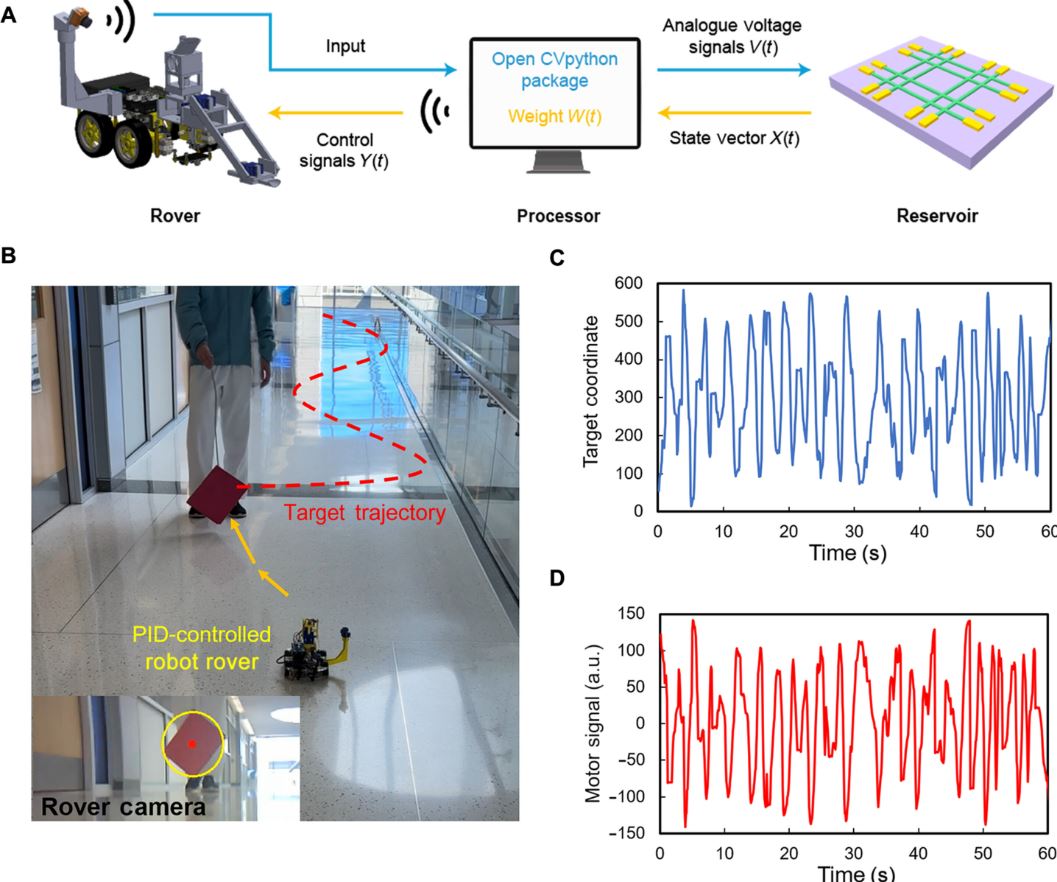 Imagine a world where your drones and rovers can perform complex tasks without draining their batteries. Researchers at the University of Michigan have made a breakthrough that brings us closer to this reality. They’ve developed an incredibly efficient computer that could change the way autonomous systems operate by cutting down energy use to just 12.5 microwatts. That’s about the same amount of power a pacemaker uses!
Imagine a world where your drones and rovers can perform complex tasks without draining their batteries. Researchers at the University of Michigan have made a breakthrough that brings us closer to this reality. They’ve developed an incredibly efficient computer that could change the way autonomous systems operate by cutting down energy use to just 12.5 microwatts. That’s about the same amount of power a pacemaker uses!
What’s exciting about this technology is how it matches the performance of traditional digital systems while using only a fraction of the power. In practical tests, this brain-like controller enabled a robot to track a zig-zagging target with the same accuracy and speed as much more power-hungry systems. Xiaogan Liang, a professor of mechanical engineering, sees this as a big leap forward in making robotic systems smaller and more efficient. As he puts it, “These energy- and resource-efficient platforms pave the way for advancing the miniaturization of robotic systems and vehicles.”
This efficiency is crucial, especially for drones and space exploration, where every gram and watt count. At the heart of this innovation are memristors, a type of component that stores information by resisting electrical currents. These were first imagined in 1971 and became a reality in 2008. Memristors offer a fresh approach to computing that mimics how our brains work, boosting computational efficiency. By keeping the processing analog for sensors and actuators, energy costs tied to digital conversions are kept low.
This isn’t just about making robots more efficient. The potential applications are vast, from autonomous vehicles to any field where high efficiency and miniaturization are key. It’s an exciting time for technology, and innovations like this one are setting the stage for a future where our machines are smarter and more sustainable.








